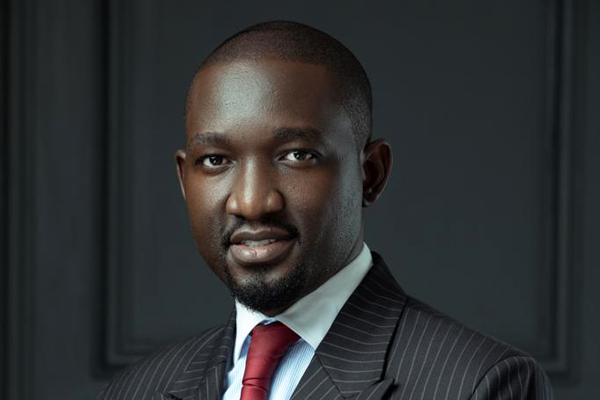Prime
Qatar, a memorable World Cup for geopolitics and human rights sideshows shows just how powerful the sport is

IVAN OJAKOL
What you need to know:
It is not the first time that politics has taken center-stage at the World Cup; after leading his country’s qualification for the World Cup for the first time, Didier Drogba then made a plea to the countries’ warring factions to cease hostilities eventually leading to the signing of a peace deal in 2017.
From allegations of Qatar bribing its way to the World Cup to gay rights to immigrant workers issues to Palestine-Israel, women's rights, and the treatment of immigrant workers, to the symbolism of an Iran-USA football match, it has been as action-packed off the pitch as it has been on it.
As “Fifa Uncovered” showed us, hosting a world cup comes with high-level realpolitik- a behind-the-scenes game with its fair share of corruption and money laundering, often time leading up to the highest office of the hosting state.
A new concept was even been developed termed "sports-washing" -a term that refers to how states use sports as a tool of soft power to clean up their images and this World Cup just like the last one has been labeled by Western commentators as the epitome of this. This term runs right from the “Hitler Olympics” of 1936 and the 1978 World Cup in Argentina.
In an unprecedented move, the Iranian national team did not sing their national anthem in their opening game against England in solidarity with the dissidents back home. The English and a couple of other teams lost the fight to Fifa and Qatar to wear the “one love” armband-a gesture which was supposed to protest Qatar’s treatment of the LGBTQ community.
The German squad covered their mouths with their hands as they lined up for their first game against Japan which they lost making them the butt of jokes thereafter as they were eventually sent packing in the group stages of the tournament. England’s players have “taken the knee” at this tournament.
The Israel-Palestine conflict has not missed out with literally all the Arab teams after their matches, especially where they triumphed holding the Palestinian flag during their lap of honour.
Ironically, the same World Cup has demonstrated its ability to create unity albeit temporarily between and among warring parties with its allowing of direct flights from Israel, but only for the World Cup period. Even more powerful is the enduring image of a U.S.A player, Antonee Robinson hugging a tearful Iranian one, Ramin Rezian showing the potential of football as a world pacifier.
It is not the first time that politics has taken center-stage at the World Cup; after leading his country’s qualification for the World Cup for the first time, Didier Drogba then made a plea to the countries’ warring factions to cease hostilities eventually leading to the signing of a peace deal in 2017.
Granit Xhaka and Xherdan Shaqiri, Swiss players of Albanian-Kosovan descent in celebrating their goals against Serbia at the 2018 World Cup inflamed political tensions by making gestures in support of Kosovo, a former Serbian colony that Serbia refuses to recognize to date since it got independence in 2008.
Fifa also seems to have somewhat relaxed its rules against political gesturing and sloganeering even when it maintains outright bans on this in its laws for example the Fifa Regulations of the Qatar World Cup ban such activities.
The implementation seems to be different, even though the Xhaka-Shaqiri matter did not generate serious punitive measures for the players, they got away with slaps on their wrists. The World football governing body seems to side more and more with freedoms.
Yes, we shall remember this as the World Cup of shocks and upsets, of Achraf Hakimi’s Panenka that sent Morocco through to the quarterfinals of the tournament at the expense of tournament favourites and former world champions, Spain and hopefully of Messi’s cementing of his legacy by lifting it. Most importantly, it is the World Cup of politics and human rights.
Ojakol is a sports lawyer, partner at Matrix Advocates
and Lecturer at IUEA
Email: [email protected]
contacts:0791683986/0787261019




